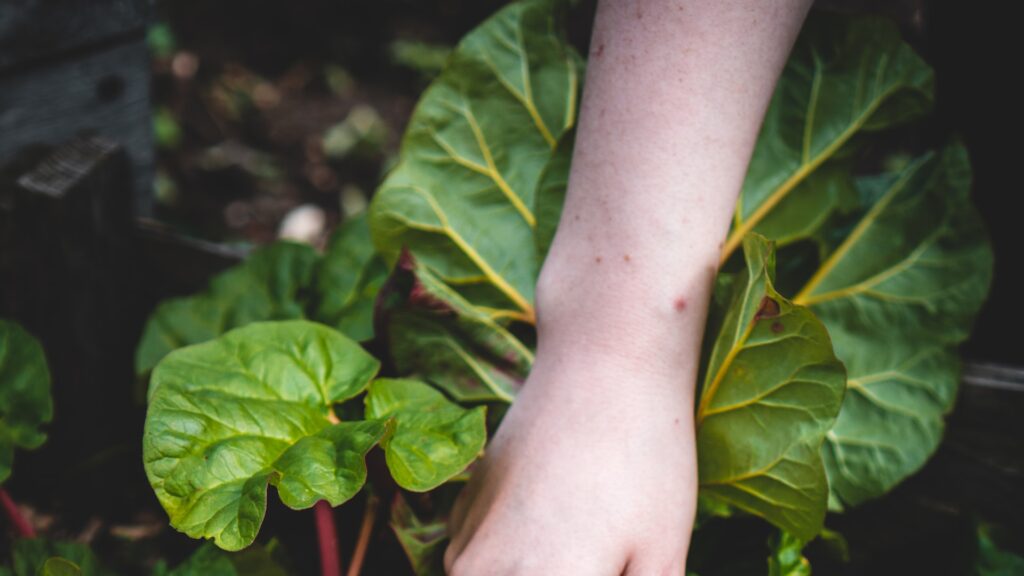Introduction:
In today’s world, where environmental concerns are at an all-time high, eco-friendly gardening is gaining significant attention. Creating a green oasis in your backyard not only benefits the environment but also provides a tranquil space for relaxation and enjoyment. In this blog post, we will explore five practical tips for transforming your backyard into an eco-friendly garden that will contribute to a healthier planet.
1. Start with Soil Enrichment:
The foundation of any successful garden lies in the quality of its soil. By enriching your soil with organic matter such as compost or manure, you ensure a nutrient-rich environment for your plants. This eliminates the need for synthetic fertilizers, reducing chemical runoff into waterways and promoting a healthier ecosystem.
2. Embrace Natural Pest Control:
Chemical pesticides not only harm pests but can also harm beneficial insects, birds, and other wildlife. Instead, opt for natural pest control methods such as companion planting, where certain plants repel pests or attract beneficial insects. Additionally, you can use organic insecticides, soaps, or horticultural oils to keep pests at bay while minimizing harm to the environment.
3. Water Wisely:
Conserving water is crucial, especially in regions prone to drought. Install a rainwater harvesting system to collect and store rainwater, which can be used for watering your garden during dry periods. Mulching your plants can help retain soil moisture, reducing the frequency of watering. Additionally, consider drip irrigation systems that deliver water directly to the roots, minimizing waste and evaporation.
4. Select Native Plants:
Choosing native plants for your garden not only supports local ecosystems but also reduces the need for excessive watering and chemical inputs. Native plants have evolved to thrive in local conditions, making them more resilient and better adapted to your area’s climate and soil. They also provide food and habitat for native wildlife, enhancing biodiversity in your garden.
5. Compost and Recycle:
Implementing a composting system in your garden helps divert organic waste from landfills, reduces greenhouse gas emissions, and produces rich compost for your plants. Composting kitchen scraps, yard waste, and even shredded paper creates nutrient-dense soil amendments without relying on synthetic fertilizers. Additionally, recycle plastic plant pots and trays to reduce waste and minimize your carbon footprint.
Conclusion:
By incorporating these eco-friendly gardening practices, you can transform your backyard into a green oasis that not only benefits the environment but also provides a sanctuary for you and your family to enjoy. Embrace sustainable practices, conserve resources, and contribute to a healthier planet, one garden at a time. Start implementing these tips today and reap the rewards of a more environmentally-friendly and nature-friendly garden.

